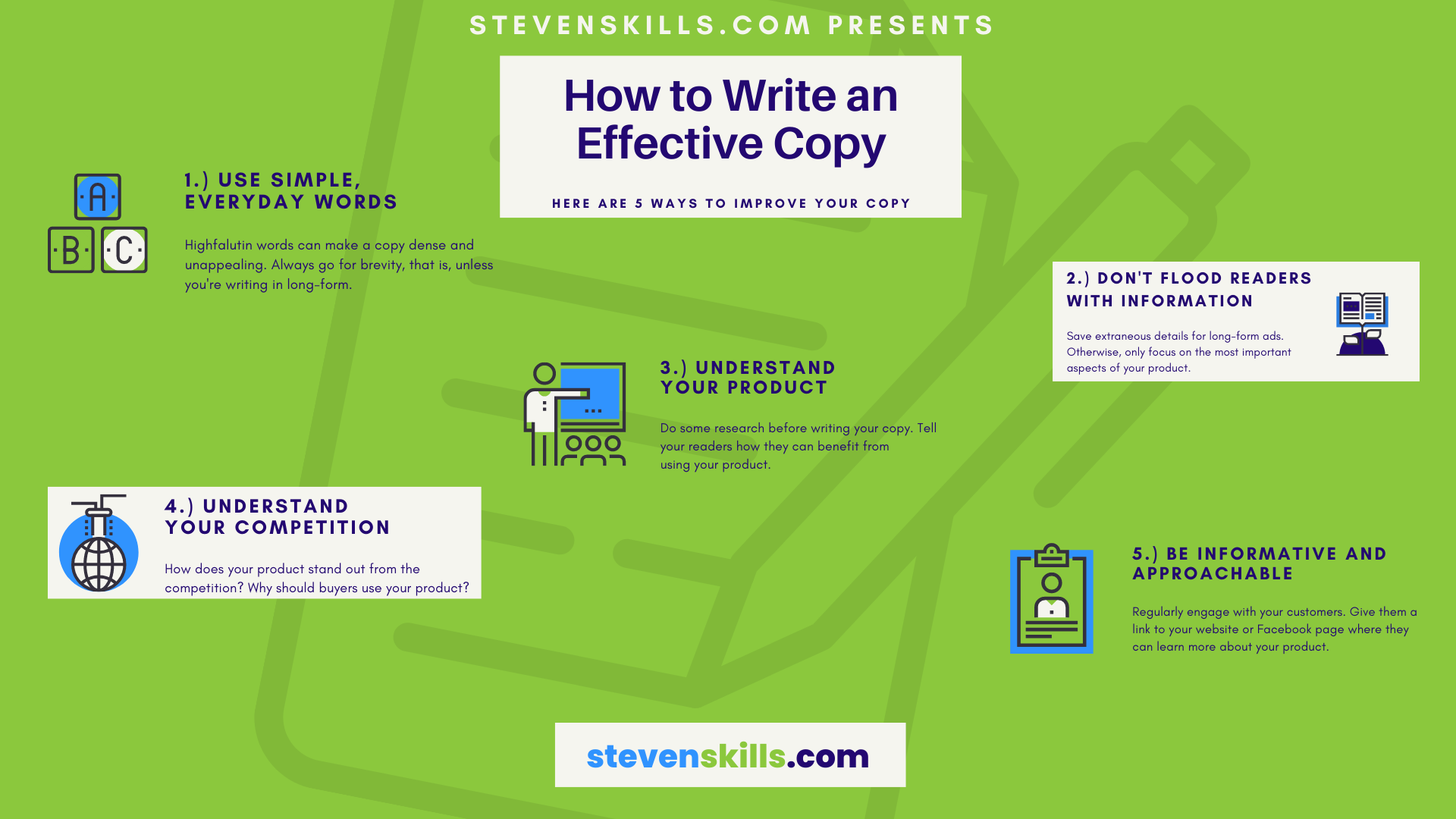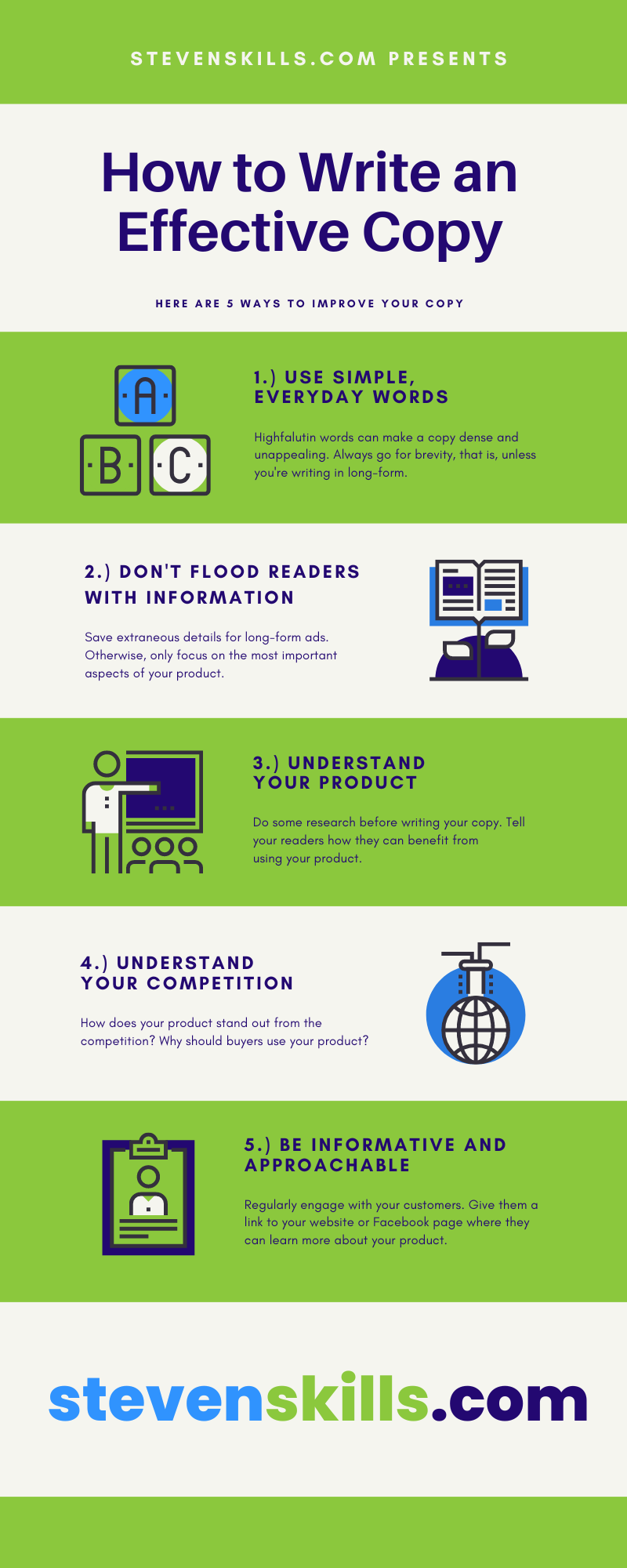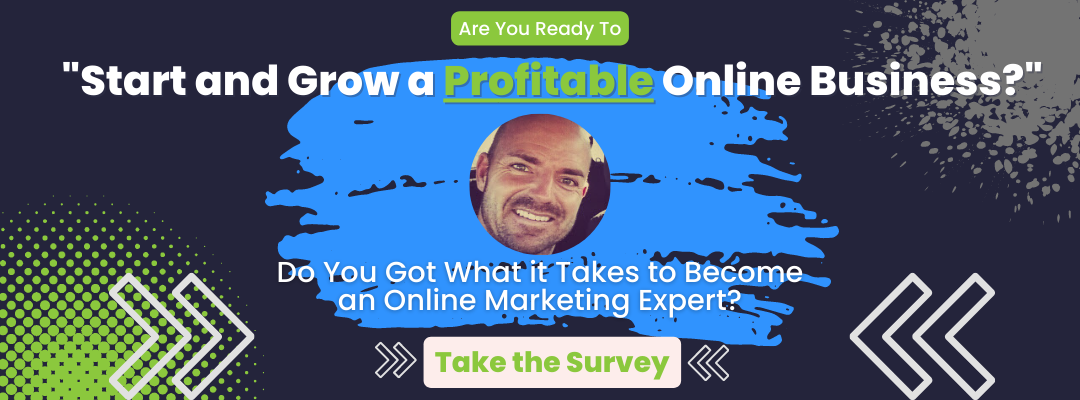Blogging Skills To Learn that Every
Blogger Needs to Know
Introduction
Skills to learn blogging is one of the best ways to get your content in front of people. It's also a great way to build an audience and earn money online. If you want to be successful as a blogger, though, there are some skills you need to learn first. You don't have to go back to school or hire a coach: these are all things you can learn from reading articles and watching videos on YouTube.
How to Find a Niche for Blogging
Finding a blogging niche is not easy. It takes a lot of trial and error, but it's worth it in the end. Here are some tips:
Pick something you're passionate about. If you can't get excited about what you're writing about, readers won't either.
Find something that's unique to you, or at least uncommon in your field of interest(s). Be an expert in this topic so other people will see you as an authority on the subject matter. That way when they come across your blog for the first time, their curiosity about what sets it apart from other blogs on similar topics will be piqued and make them want to read more! This step is crucial if there are already many bloggers covering similar subjects; otherwise those writers may take away potential readers from yours (and rightly so!).
Create communities around topics related but tangential enough so that everyone involved can feel like part-owners without feeling alienated by differing opinions too much (unless those differences are intentional). A good example might be "how-to" videos on cooking dishes using unconventional methods such as sous vide cooking instead traditional methods like boiling water using traditional pots/pans.
Use Beautiful Photos and Shareable Content Design
Good design is important because it helps your blog stand out and makes it easy for people to read.
Good design includes things like: colors, structure, navigation and engaging content.
Easy-to-read text (fonts, font sizes, colors) are equally as important.
Use images that are visually appealing and relevant to the topic at hand. If you're writing about cooking, don't use an image of a robot doing dishes. The reader may not have any idea what's going on! Instead, use photos that show food or recipes in action -- those are easy for readers to understand and will help them get excited about what they're reading about.
Use keywords in headlines, images and content so that search engines can find your posts when people search on Google or other search engines (like Yahoo!). This is also very important if you want people outside of your network (such as new clients) to see your work either by themselves or through someone else sharing it with them.
Content Writing Skills
You also need to have the ability to write content that is engaging, useful, informative, entertaining and educational.
You should be able to write funny and emotional pieces as well.
If you can do this consistently then people will come back to your site again and again for more of your great content!
Not everyone is a writer, so here are a few suggestions that can assist you with writing incredible articles and blog posts:
Learn to Write Good Headlines
The headline is the most important part of a blog post.
It’s what draws people in, and makes them read more.
Headlines need to be short and snappy. They should also be catchy and interesting, and include keywords that will help search engines find your content more easily.
They should also be accurate — it’s no good giving someone the wrong impression of what you wrote about!
Search Engine Optimization
Search engine optimization, or SEO, is the process of improving the visibility of a website or web page in search engines. It's important to understand that your blog should be optimized for both Google and Bing/Yahoo.
Google has a variety of tools you can use to increase your SEO efforts:
Google AdWords Keyword Planner (Search Traffic >> Search Terms) — This tool helps you find good keywords related to your niche so that you can optimize them on your site.
Google Trends - Helps you identify trending topics about your niche
For more advanced SEO packages, check out these suggestions:
Keyword Research
Search engine optimization is a huge component of blogging. Keywords are an important part of that, but there's more to keyword research than just finding out what people are searching for. You also need to understand how the search engines work and how search queries are processed.
Below we'll cover some of the basics so you can understand why certain keywords rank higher than others, what type of content is most likely to get clicks from people searching those terms, and how long it takes for your site to rank in Google based on different types of content.
Here are a few FREE keyword research tools to try:
How to Schedule Social Media
Social media scheduling is a great way to save time and increase the reach of your content. It’s also something that most bloggers struggle with, so it’s important to learn how to do it effectively.
First, decide whether or not you want to use an app or a tool like Buffer to schedule social media posts.
Then, figure out how many times per day you want to share each post on each platform (for example, if your Facebook page has 5k followers and Twitter account has 10k followers).
Decide how far ahead in advance you want each post scheduled (for example: one week in advance). You can set up future posts by clicking ‘Add New Post’ at any time within the Schedules tab of your profile page on either platform—or simply drag-and-drop existing posts into different dates in order for them to appear at different times throughout the week/month/year!
Social Media scheduler: Hootsuite
How to Use Google Analytics
Google Analytics is an analytics tool that tracks your blog and provides you with valuable information about how people use your content and where they are coming from. This information can help you improve your blog in a number of ways, including:
Helping you to understand what content is most popular on your site so that you can focus future posts on similar topics.
Helping identify which sources send the most traffic to your site so that you can focus efforts on building relationships with those sites (or guest blogging there).
Identifying areas where traffic drops off quickly so that they can be addressed in future posts or improved upon right away.
You should also be aware that Google Analytics has its limitations as well: it doesn’t give an accurate representation of total numbers of visitors or all types of traffic data, like social media traffic or direct email links, but only gives detail about web visits through standard web browsers like Chrome and Firefox .
How to Monetize Your Blog
You can monetize your blog in a variety of ways. You can use affiliate links to products and services that relate to the content. You can place ads on your site, you can sell products from your own site or through sites like Amazon and Etsy. You can sell ad space on your blog or website, or if none of those options are appealing to you for whatever reason (or if they just aren't going to make enough money), there's always another option:
Charge people for access to information. This is what we would call "information products."
People will pay good money for something they know they're going to use over time—and that's what an information product is exactly!
For example, if someone wanted more advice about how they could start their own blog and make money from it in the long run, I might create some sort of video training course where I teach them all my secrets step-by-step—and then charge people anywhere between $100-$300 per month just so I could help them out and show them how easy it really is once someone shows them how!
Be Engaging
In order to become an engaging blogger, you must learn how to write content that will keep readers interested in what you have to say. You want your readers to stay on your blog for as long as possible, so that they will see more ads and see those ads longer than before. The more engaged a reader is, the greater their chances of clicking through an ad or purchasing something from the site where it's displayed (e-commerce sites).
The benefits of creating engaging content are twofold: increased reader retention and higher revenue per visitor (RPU). This translates into increased profits for your blog because when people leave after spending less time on a site, there isn't as much chance of them seeing ads or clicking through them if they do spend time on a site.
Be Consistent
Creating a blog is no small task. It's one thing to have a passion for something and want to share it with the world. Another thing entirely is actually doing that, especially when you're on your own in terms of motivation and support. That's where consistency comes in.
You need to find ways of making blogging feel like an important part of your life, not just something you do when you have time or inspiration (or both). This can be as simple as setting aside some time every day—even if that means only five minutes at first—and sticking with this schedule until it becomes routine. You don't need much more than that; after all, if you keep up with posting regularly over time, then people will start coming back for more!
Conclusion
These are just some of the blogging skills to learn to improve your blog. There are a lot more, but these are the most important ones. The great thing about learning how to blog is that it’s never too late—even if you’re new to this world, there’s always something new for you to pick up on!




